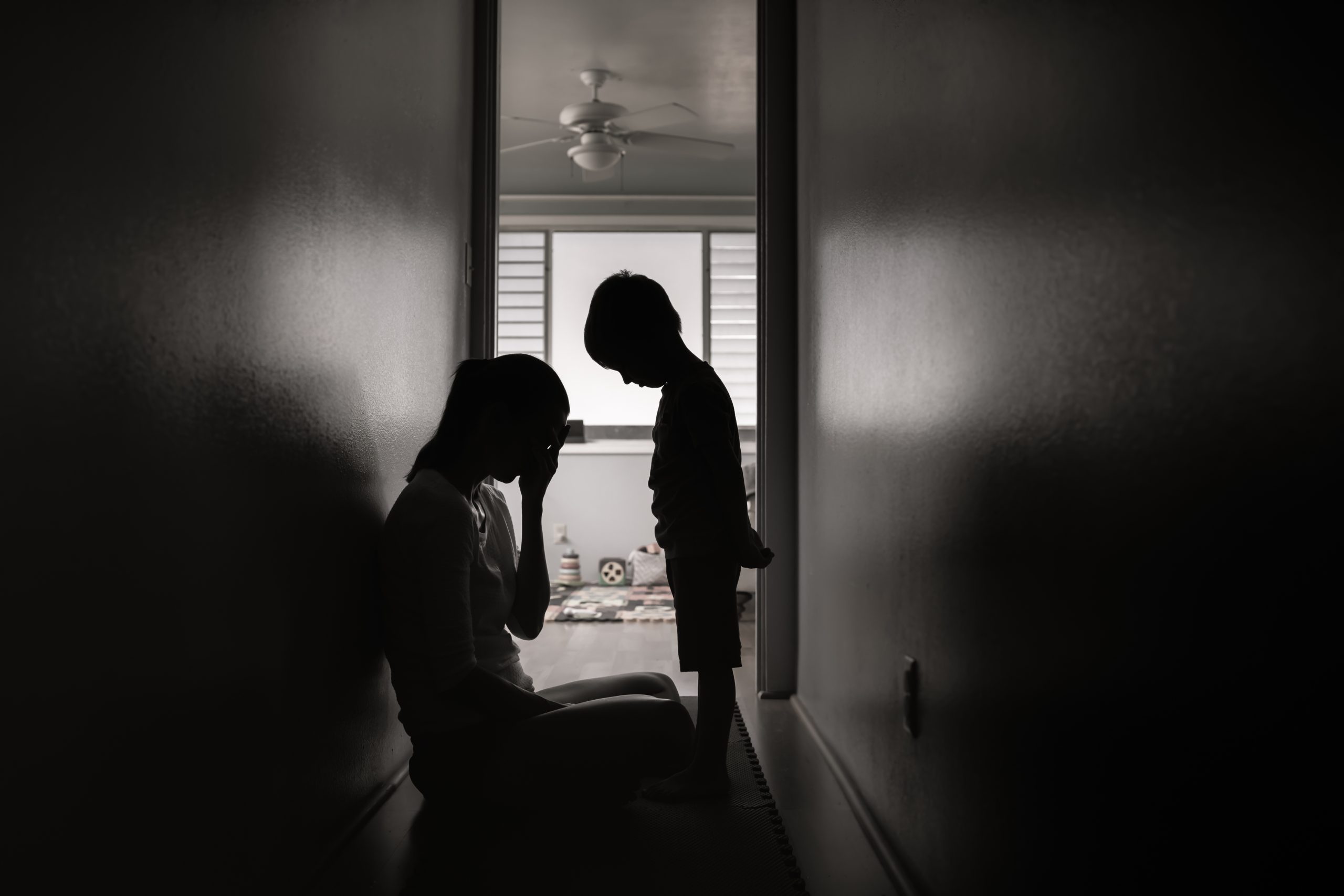By BLAKE METCALF-HOLT
A LOCAL working within the community services sector has helped surge a potentially lifesaving domestic violence disclosure scheme in Victoria.
Latrobe Valley resident Michelle Smith, who is a senior case manager working with family violence victim survivors and perpetrators for the last eight years, approached East Gippsland Shire Deputy Mayor Sonia Buckley about taking Clare’s Law to the Municipal Association of Victoria (MAV) – the peak legislative body for Victorian local councils.
The motion was successfully passed with more than 94 per cent in favour, meaning the scheme now has backing by all member councils across the state.
Clare’s Law enables people to access vital information about a partner’s history of abusive behaviour, well before any further domestic violence incidents happen, and helps those concerned make an informed decision whether to pursue the relationship.
It has been implemented in South Australia since 2019 and is currently being pushed to be instated in New South Wales, while it has assisted people in the UK since 2014.
Following the UK’s policy, similar models have been passed in New Zealand and Canada over the last decade.
With the scheme being pushed through the MAV, they will now liaise with the state government on the motions passed, with Cr Buckley believing this will push “the compass north” to eventually a federal level.
However, Cr Buckley believes there also needs to be continued support from representatives across the board.
“I’m confident that regional MPs, all MPs for that matter, will get behind this endeavour,” she told the Express.
Ms Smith became familiar with Clare’s Law about five years ago, in the midst of fleeing a relationship of family violence herself.
“I found out through different means like The Orange Door and the police, that I was actually Woman D (the fourth person to have an IVO on the partner),” she said.
“If Clare’s Law was around, the ability for an intimate partner through the domestic violence sharing scheme, namely Clare’s Law, I would’ve been able to seek out if that person had a history of domestic violence, which would have dramatically swayed my decision to continue the relationship.”
Ms Smith says that with a majority of intervention programs and supports occurring after the abuse has taken place, this scheme grants the ability to protect potential victims beforehand and save lives.
Ms Smith spoke at the August council meeting to highlight the importance of Clare’s Law and why East Gippsland Shire had to push the motion at the next MAV meeting.
According to the Gippsland Family Violence Alliance, the latest statistics show East Gippsland has the highest number of family violence incidents of any Local Government Area (LGA) in the state per 100,000 population, with Latrobe second in the state.
East Gippsland had 2499 total incidents of family violence from July 2024 to July 2025 – an increase of 24.2 per cent from the previous year – while Latrobe had 3022 total incidents, which was actually a 0.78 per cent decrease from the previous year.
These numbers show how incredibly important it is to tackle the issue in these regions specifically.
However, Ms Smith also says that rates could be higher due to many cases going undocumented due to a variety of factors.
“There’s shame around it. Financially, (victim survivors) don’t feel like they can leave the home, there’s a multitude of reasons why someone doesn’t declare domestic violence,” she said.
“Unfortunately, it’s one of those spaces where also the victim gets more interrogated than the actual perpetrator.
“Domestic violence is absolutely (an) epidemic in Australia and I think anything that can reduce the incidents of domestic violence (must be done).”
Cr Buckley is also the East Gippsland council delegate for the MAV, heavily advocating for its push since being clued in on Clare’s Law.
“This law empowers individuals at risk to access information about the partner’s history of violent or abusive behaviour, and this is a practical and lifesaving tool that can help prevent harm and support victim survivors to make informed, safe decisions before it’s too late,” she said.
“Family violence is not just a state issue, it’s a local issue. It affects our residents, our families, our services, and our community safety.
“Local government is often the first point of contact for people seeking help and we have the responsibility to advocate for measures that protect our most vulnerable.”
Cr Buckley acknowledged the concerns of those opposed to Clare’s Law regarding the violation of individual’s privacy rights, but that once someone commits a crime such as domestic violence, they forfeit that right.
“The safety of potential victims must come first and our laws should reflect that priority,” she said.
She also specified the importance of creating strict parameters and safeguards, in which said perpetrator’s history is only available to the partner and not a third party – this is true of other established schemes in South Australia and other countries.
“Access (of) information should be limited to those at genuine risk with robust processes to protect against misuse and to ensure privacy is respected for all parties, except for those who have committed serious offences,” Cr Buckley said.
Cr Buckley is also in support of Daniel’s Law, which seeks to develop a publicly accessible sex offender register in Australia, freely available to the community.
A national petition has also surfaced over the last few months, calling for the House of Representatives to call on the Cabinet to establish an Australia-wide framework mirrored on Clare’s Law.
The petition calls for the framework to be informed by people with lived experience of domestic violence to ensure it’s effective and responsive, and that funding and resources be allocated to support its operation in the states and territories from the federal government.
The petition closed on October 23 with a total of 112,245 signatures.











